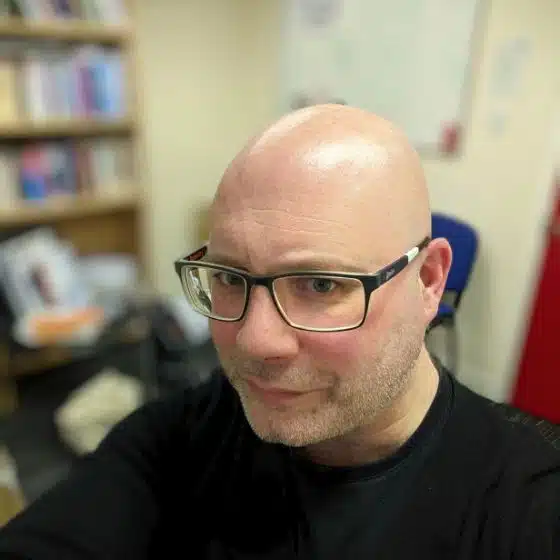

Invited Speaker
Dr Robert Lee
School of Business and Management - Royal Holloway
University of London
This upcoming event invites researchers, students, professionals, policymakers, entrepreneurs themselves, anyone with an interest in personal and humanistic relations to explore the nuances of social capital that impact entrepreneurship in the context of multiple deprivation. Results from nationally representative survey data will be presented and show that bonding networks, trust, reciprocity, obligations and expectations, shared language, lingo and codes help explain the resources needed by entrepreneurs residing in multiply deprived areas to launch a new venture. However, findings concurrently demonstrate that they are reluctant or unable to develop bridging networks, distant social ties and shared narratives, vignettes. Accordingly, the social capital of excluded and marginalised entrepreneurs seems to be both facilitator-enabler and constraint.
Despite efforts by successive Governments in the UK (e.g. Labour 1997 to 2010, Coalition 2010 to 2015, Conservative 2015 to- present) to provide loans and soft support to socially excluded entrepreneurs, there has been a recent significant policy shift towards prioritising interventions for high-potential and innovative new businesses with ambitions to grow and disrupt. Policy has been directed at increasing the scalability and performance of entrepreneurs residing in multiply deprived areas without knowing about their social capital accumulation and access to resources-especially, what factors facilitate or constrain. Put another way, policies in this area that do not focus extensively on supporting and improving their use of ongoing social relations could be a hidden and potential underlying reason for policy ineffectiveness or ambiguity.
Together, let’s foster discussion and evaluate the social capital that could be a catalyst for promoting life chances, inter alia, opportunities and resources as well as co-create potential new enterprise policy ideas with insight, curiosity and empathy.
About the presenter:
Dr Robert Lee is a Senior Lecturer/Associate Professor in entrepreneurship and innovation within the School of Business and Management – Royal Holloway, University of London.
He was previously a member of the Advanced Institute of Management AIM Scholars Pool and his research has been funded by the British Academy/Leverhulme Trust Small Grants scheme and Economic and Social Research Council ESRC Annual Festival of Social Science scheme. He has published widely in international journals including, International Small Business Journal, Entrepreneurship & Regional Development, International Journal of Entrepreneurial Behaviour & Research, Environment & Planning C and International Journal of Management Reviews. His research published in Multinational Business Review won an award for most outstanding paper in the Emerald Literati Awards.
In addition, Robert is a Fellow of the Royal Society for the encouragement of Arts, Manufactures and Commerce RSA, and Fellow of the Higher Education Academy HEA. Also, he has significant experience with AACSB accreditation and served as Director and chair of Assurance of Learning (AoL).
Robert supervises doctoral students that inquire into the entrepreneurial and innovation process, in particular, forms of capital, subjective well-being, personality, cognition and strategy.
About Our Webinar Series
This event is part of our regular webinar sessions for social capital researchers including PhD/master students. These sessions include invited presentations from prominent scholars as well as presentations by PhD students and experts in professional practice.
For social capital researchers, these sessions are an opportunity to hear about the latest social capital research and insights from scholars working on the concept. They can be a great way to connect with people, to get advice, discuss ideas or issues, get suggestions for literature to read, or you can just listen.
Are you researching social capital and want to present your research? Click here for more information and to submit a proposal.
Generally, presentations can be 20 to 45 mins. The content of your presentation will depend on your research stage.

